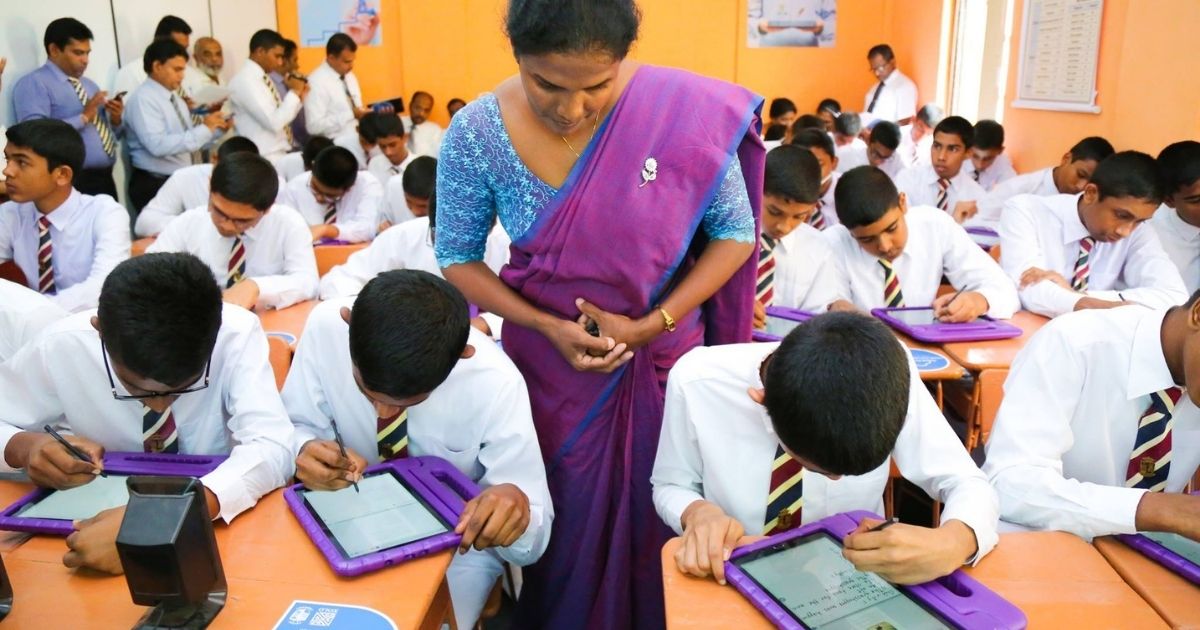The Indian government has agreed to offer Sri Lanka LKR 300 million as financial assistance for the construction of smart classrooms and modern computer labs. These will be allocated for 200 schools within the Galle district and comes as part of the MoU on the “High Impact Community Projects”. As such, the cabinet of ministers approved the proposal that was presented by the Minister of Education to sign an MoU between India and Sri Lanka to obtain the financial grant.
In case you’re wondering, the MoU on High Impact Community Projects has been ongoing between Sri Lanka and India for years. It covers a number of areas ranging from offering livelihood support to infrastructure development across multiple sectors including education. Back in September 2020, the Sri Lankan government and the Indian government renewed the MoU for another five years. As of November 2020, the program has contributed to implementing 64 projects, amounting to a total of LKR 20 billion.
Smart classrooms: full steam ahead?
The smart classrooms initiative itself has been happening for a while. It was all the rage a few years back. Now, it appears that the current government is pushing on with the Minister of Education G L Pieris even stating that smart classrooms will be part of every school by 2022. Considering the recent investments and interest around Smart Interactive Boards and Smart TVs, it seems the government is keen on hitting the target.
Ambitious as it seems, this is an encouraging sight for the education sector. Particularly in a situation where online education has become a near-necessity amidst COVID-19. Digital adoption is something that needs to be encouraged, especially at a government level.
But this is only part of the equation. It’s one thing to implement smart classrooms. But ensuring their sustainability is another thing entirely. As we’ve pointed out before, smart classrooms come their own set of challenges. One of them is regular maintenance and upkeep. These smart classrooms will only thrive as long as they are maintained and remain up to date, both in terms of software and hardware.
The other important challenge is ensuring student safety online. Sri Lanka already has a disappointing history with regards to cybersecurity. So this will only make things all the more daunting. Then there are challenges around internet affordability, something that’s increasingly complicated amidst the pandemic.
Unrealised potential
Regardless, smart classrooms have the potential to be a true gamechanger for Sri Lanka. Not only does it potentially offer a host of benefits for the students, but it makes life easier for the teachers as well.
But perhaps equally important is that these make learning more fun for students, as opposed to the traditional way of learning. One apt local example is one of Codegen’s XOLO smart classrooms. As 200 schools in Galle look to get a digital upgrade in the coming months, it’s imperative that authorities address the imposing challenges to ensure the longevity of the initiative.







GIPHY App Key not set. Please check settings